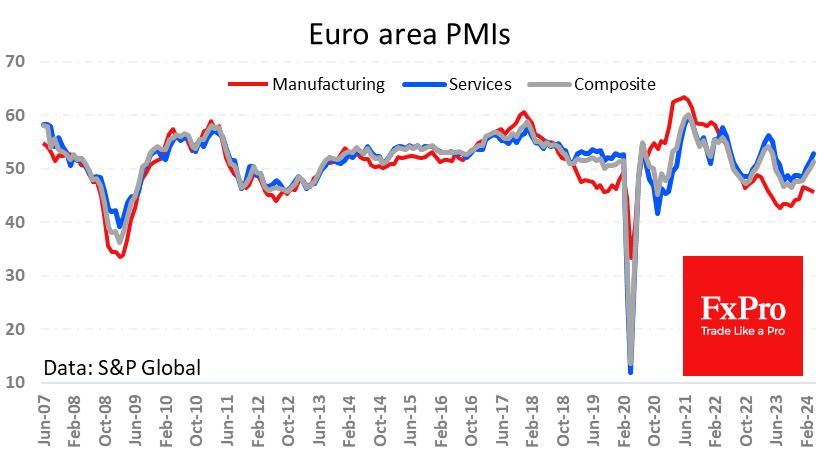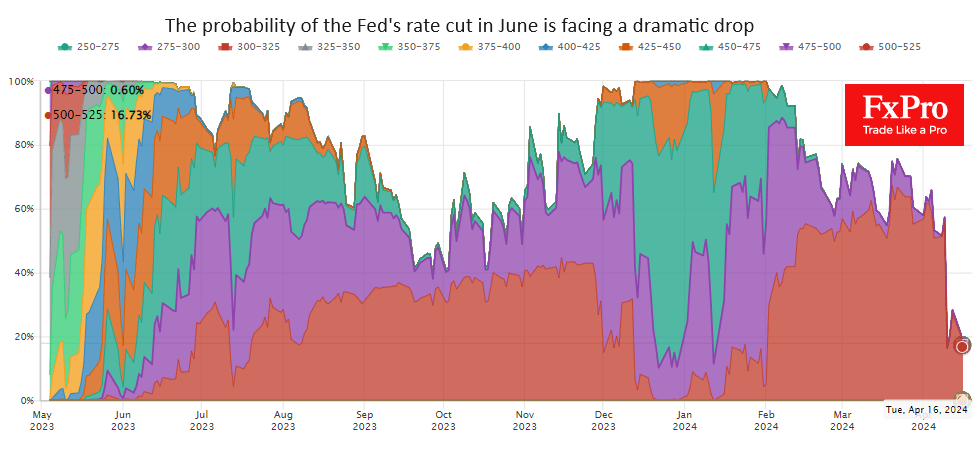Tax Nightmare: Student Invested $5k in Ethereum & Now Owes $400k in Taxes
November 08, 2018 @ 10:39 +03:00

In May 2017, a college student based in the US invested $5,000 in Ethereum (ETH), when the digital asset was worth around $50. Within merely months, the price of ETH skyrocketed from $50 to $1,281 at its peak, as the cryptocurrency market achieved a valuation of $800 billion.
With a base return of 25-fold, having made over $125,000 in ETH, the individual invested in a few digital assets and initial coin offering (ICO) projects, and, by the end of December, the portfolio of the investor reached $880,000. “I gambled in more than a few bad ICOs to start 2018, had some money in coins that absolutely plummeted with no chance of recovering, etc. Today my portfolio sits at $125k, a far cry from my $880k. My estimated tax liability for 2017 is about $400,000,” the student said.
At the crypto market’s peak, the student recorded a net profit of $875,000 with an investment of $5,000. In the US, cryptocurrency investors are required to declare taxes using the tax form 1099-K and major cryptocurrency exchanges like Coinbase have tax filing systems in place to automate the process for its investors. In March, subsequent to spending over a million dollars in January in a conflict with the Internal Revenue System (IRS), the revenue service of the United States federal government, Coinbase released new tax tools to help users to establish a complete view of trading activity, calculate gains and losses, and file taxes.
As an asset class at an early stage, taxation policies surrounding cryptocurrencies still remain ambiguous in many regions and complex even in large markets like the US. While companies like Coinbase attempt to simplify the process for investors, unexpected situations could complicate the process of taxing returns for investors in the cryptocurrency market.







